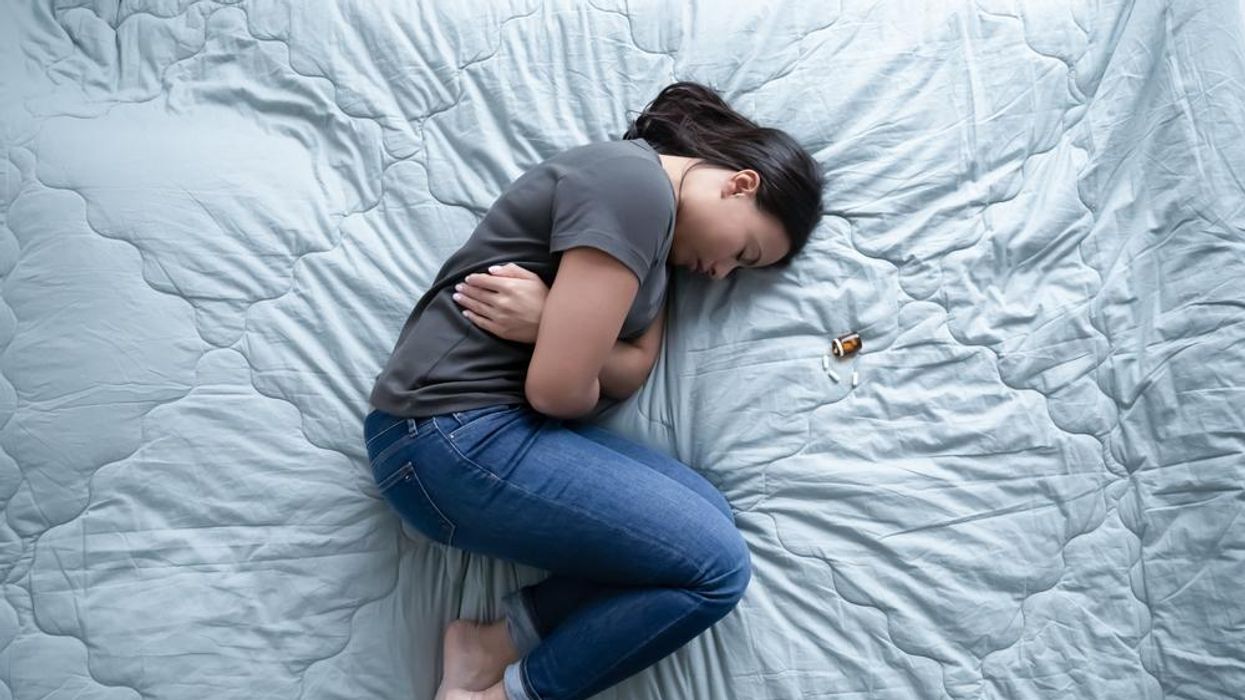In the aftermath of the Supreme Court decision to overturn Roe v. Wade, restrictions on abortions may have led to an increase in suicide among women.
A new study in Jama Psychiatry found that between 1974 and 2016, more than 1,300 abortion restrictions have been enacted. Additionally, 21 states have enforced one or more Targeted Regulation of Abortion Providers (TRAP) laws.
After 1974, the annual suicide rate of women at reproductive age rose to six percent higher than it was before the enforcement of TRAP laws. A report accompanying the Jama study estimated that 127 suicides from women of that category in 2016 could be linked to anxiety and stress caused by abortion restrictions.
The suicide rate among women increased almost exclusively in states with TRAP laws, as the Jama study explains: "Among reproductive-aged women, the weighted average annual-state level suicide death rate when no TRAP laws were enforced was 5.5 per 100 000. Enforcement of a TRAP law was associated with a 5.81 percent higher annual rate of suicide than in pre-enforcement years."
Tyler VanderWeele, an epidemiology professor at Harvard University and author of the companion study, said that the climbing suicide rate "is cause for clinical concern." VanderWeele added that the data "indicates the need for support and for mental health care" beyond the scope of what is currently available.
In the United States, suicides are the second leading cause of death among women ages 20-24, and the third leading cause among women ages 25-34, according to the CDC. Experts believe that the crisis is likely to escalate following the Dobbs decision.
Nichole Austin, an assistant epidemiology professor at Dalhousie University, told NBC Newsthat the Supreme Court decision can potentially affect those seeking abortions more directly than individual laws.
"I would expect, from a purely speculative point of view, that the recent Supreme Court decision would have a real individual-level impact on a lot of women in a way that these TRAP laws would not," she said.
One author of the Jama study, Dr. Ran Barzilay, added that while more research is needed, abortion-related stress is negatively impacting young women
"What causes a person in need of an abortion to be stressed?" he said. "It’s the loss of this option to do it."
- Biden to Promise Abortion Rights Law as Democrats Try to Rally Voters ›
- These Swing State Midterm Races Could Decide the Fate of Abortion ›
- Homicide Is a Leading Cause of Death in Children, Study Finds ›
- How Do Abortion Bans Impact Incarcerated Women? ›
- Abortion Numbers Soar in North Carolina While Declining in Surrounding States ›
- FDA to Allow Pharmacies to Dispense Abortion Pills - Advocate Channel ›
- US House Passes 'Born Alive' Abortion Bill - Advocate Channel ›
- OB-GYNs Sound Alarm Over Maternal Deaths Post Roe ›
- Suicides by Poisoning Have Risen Sharply Among Adolescents ›
- Minnesota Passes Law Legalizing Abortion ›


















































